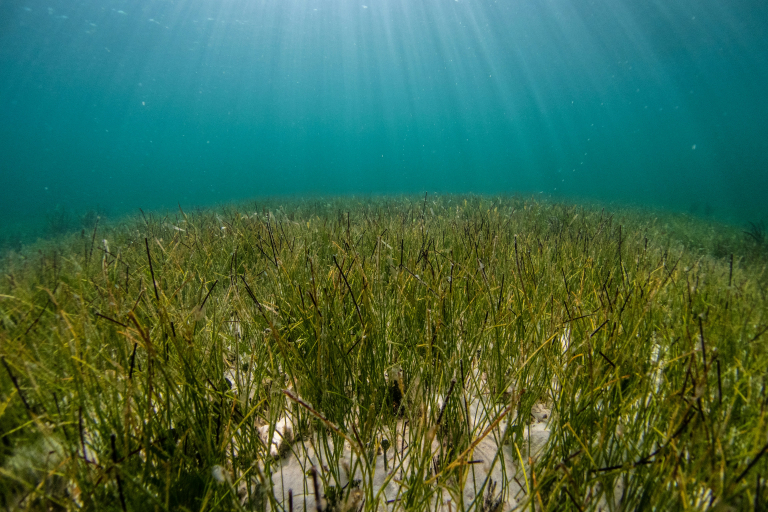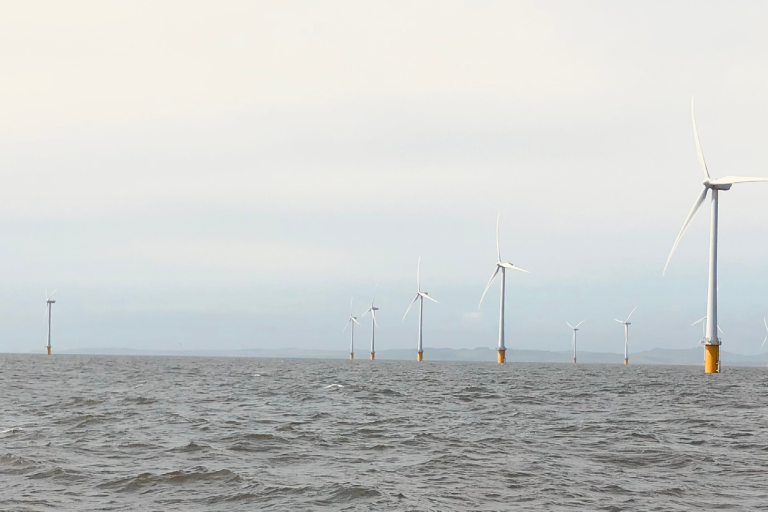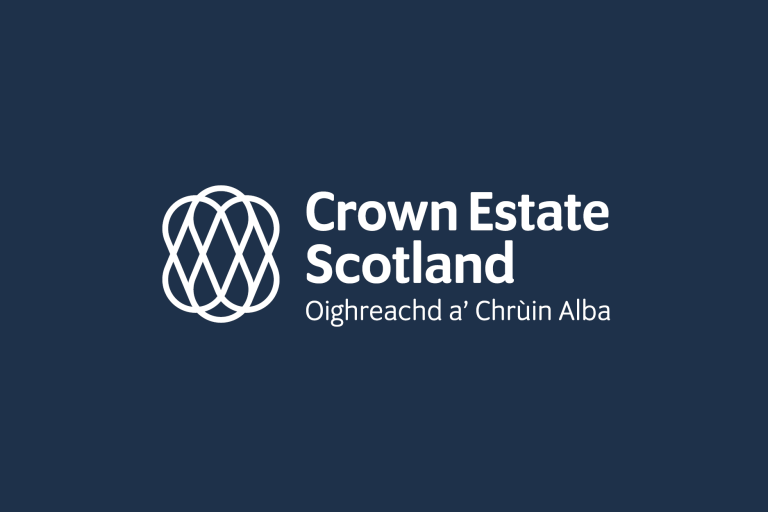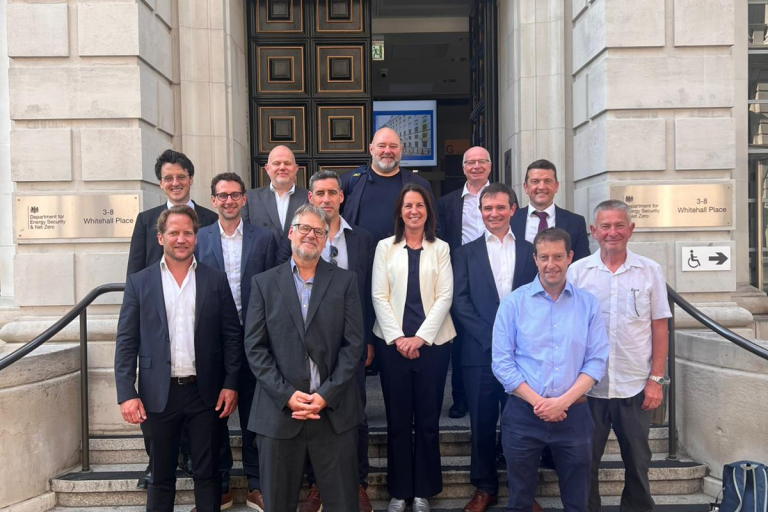Request
On November 4th the Crown Estate published a public summary of a report prepared by the European Marine Energy Centre entitled "Alternative offtake routes for tidal
stream energy": https://www.crownestatescotland.com/sites/default/files/2024-11/Alternative%20offtake%20routes%20for%20tidal%20stream%20energy%20-%20October%202024.pdf
Please could you provide me with the full report, and any supporting materials? It is my understanding that the report itself was shared with Crown Estate in October 2024.
Response
Please find a copy of the report undertaken by European Marine Energy Centre Ltd. “Alternative offtake routes for tidal stream energy” procured by Crown Estate Scotland and delivered in October 2024. You will note some redactions, please find an explanation of these redactions below.
We have understood “supporting materials” to mean materials used in the creation of the report. Crown Estate Scotland does not hold this information.
The original report contains personal information, and release of such information would contravene the principles set out in the UK General Data Protection Regulation (UK GDPR). The redactions in ‘BLACK’ contain personal information; exception 11(2) ‘third party personal data’ under EIRs has been applied to this information. This includes any contextual information by which an individual could be identified.
Some commercial information has been withheld under 10(5)(e) of the EIRs “Confidentiality of commercial or industrial information”. These redactions are in ‘RED’. The information that was provided by participants in response to the survey for this report was under a duty of confidence; disclosure would cause substantial harm to the economic interests of the commercial stakeholders approached to participate in the Tidal Offtake report.
Information submitted by the participants is not publicly available and consists of commercial information relating to their projects, organisation, partnerships and commercial challenges. Some of the information relates to the intentions, plans and actions organisations have. Disclosure of this information would substantially and likely harm the participants financially as it could impact future relationships, future commercial prospects, and give competitors an advantage in the sector.
This exception is subject to the ‘public interest test’. We recognise there is a public interest in disclosing the information in the interests of being an open and transparent public corporation and to help identify the stakeholders that work with Crown Estate Scotland. We also recognise the public interest in identifying the sources of the information which leads to the report's conclusions and recommendations. To provide context, the categories of the stakeholders have been included in the report and case studies have been published.
However, there is a stronger public interest in avoiding significant harm to the commercial interests of stakeholders which provided data for the survey and release would likely affect their future business interests. We have determined that it is in the public interest for the information to be withheld to protect the confidentiality in the information and prevent harm to the participants’ legitimate economic interests.
Redactions in ‘BLUE’ fall under Regulation 10(5)(f) of the EIRs “Third party interests” where the original report contains information voluntarily given with the understanding that it would be kept confidential. This information has been withheld as its disclosure would, or would be likely to, cause substantial prejudice to the interests of a person who provided information voluntarily to Crown Estate Scotland.
This exception is designed to encourage the voluntary flow of information to public authorities, including information collected through research or surveys and pre-planning discussions with planning authorities. This exemption applies when those who provided the information were under no legal obligation to do so where the information would not otherwise be publicly available.
This exception is subject to the ‘public interest test’. While we recognise that there is a public interest in providing the source findings for the report, on balance the pertinent information gathered in the findings is summarised in further chapters, and the report provides clear context for the road-mapping, conclusion and recommendations without the need for the redacted material.
There is a greater public interest in protecting the confidentiality of anyone who provides Crown Estate Scotland, and companies procured by Crown Estate Scotland, with information on a voluntary and confidential basis. Disclosing such information against the wishes of the stakeholders would undermine their trust in Crown Estate Scotland and is likely to deter them from participating in future surveys or discourage them from sharing information on issues that impact decisions such as alternative tidal offtake routes. This would significantly impair Crown Estate Scotland’s ability to understand the needs of the public and its ability to develop policies and make decisions based on fully informed, unfiltered, advice and evidence. This would not be in the public interest.










